Croatia: Bilingual signs "remain open issue"
<a href="http://www.b92.net/eng/news/region.php?yyyy=2014&mm=08&dd=13&nav_id=91276" class="text-link" target= "_blank">The decision of the Constitutional Court of Croatia</a> on a proposed "referendum on Cyrillic" has left the status of bilingual signs in Vukovar "unresolved."
Friday, 15.08.2014.
15:49

Croatia: Bilingual signs "remain open issue"
But, it added, it is "still unclear whether the bilingual inscriptions will remain on state institutions, and if their removal and destruction constituted a criminal offense."Lawyer Veljko Miljević told the newspaper that the government was authorized to place the signs, and that those who removed and destroyed them "did something that is illegal," but believes that the suspects may claim that they had "no illegal awareness because of all the circumstances that accompany this situation."
"No decision has the property of legal validity and enforceability and I cannot accurately take a stance on these issues, but I think that the further breaking of signs would also be illegal. I think all this must be contained in the final part of the decision of the Constitutional Court, because each of its decisions influences individual acts that were enacted prior to this decision" - he was quoted as saying.
According to the lawyer, "if someone were to now again destroy the bilingual signs, they could defend themselves by quoting the decision of the Court which sets the time limit of one year for the government and the local government to arrange this issue."
The Croatian Constitutional Court ruled on Monday as unconstitutional and impermissible the proposed referendum question on the Cyrillic alphabet, which came from "The Headquarters for the Defense of Croatian Vukovar, " a Croatian right-wing organization that fights against the use of the Serbian Cyrillic script.
The question was supposed to ask Croatian citizens if they were in favor of giving ethnic minorities the right to official use of their language and script only where they made up at least a half of a local population - instead of at least one third, as is the case now.
The Constitutional Court also ordered the Vukovar city council to resolve the issue of bilingual boards in that city within a year, i.e., determine in which neighborhoods the signs should be placed.
Vukovar Mayor Ivan Penava of the HDZ party, said that the Constitutional Court's decision is binding, "but does not solve anything, it only prolongs the status quo."
The court decision also bound the Croatian government to within a year refer to parliamentary procedure amendments to the Law on the Official Use of Languages and Scripts of National Minorities which will regulate appropriate legal mechanisms for cases where representative bodies of local self-government do not implement their obligations under the law.
It was also decided that until these changes have been made, the competent state bodies will not implement the law in the town of Vukovar by using coercive measures. Previously, the signs were forcibly removed by protesters during sometimes violent demonstrations organized by the right-wing group, while authorities would later replace them.






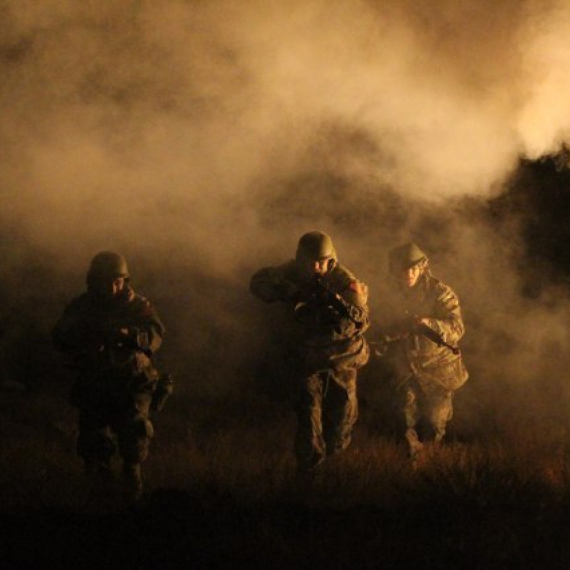






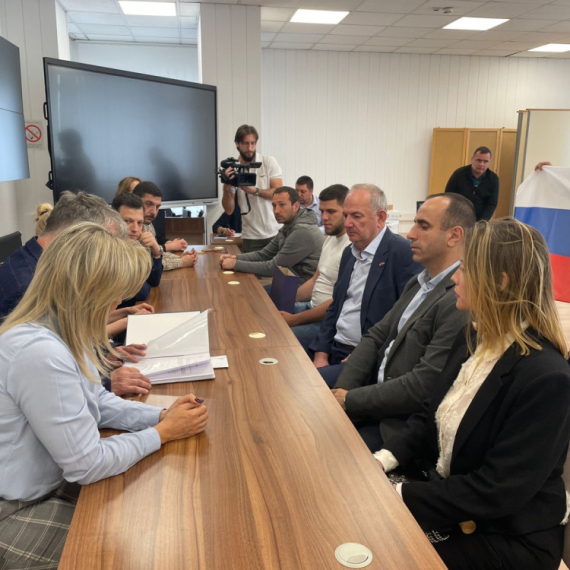
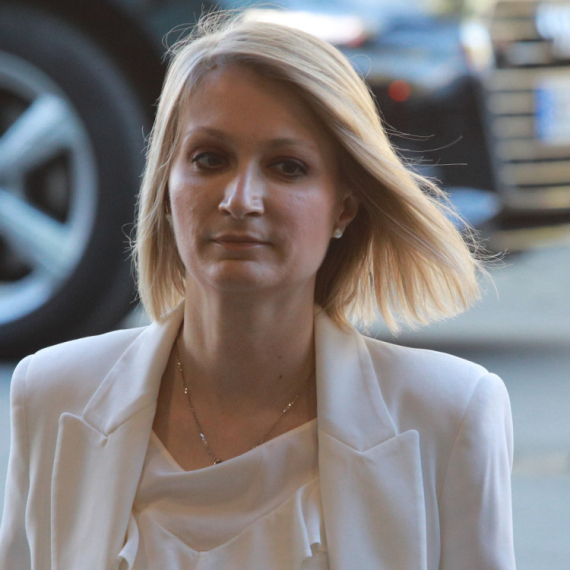
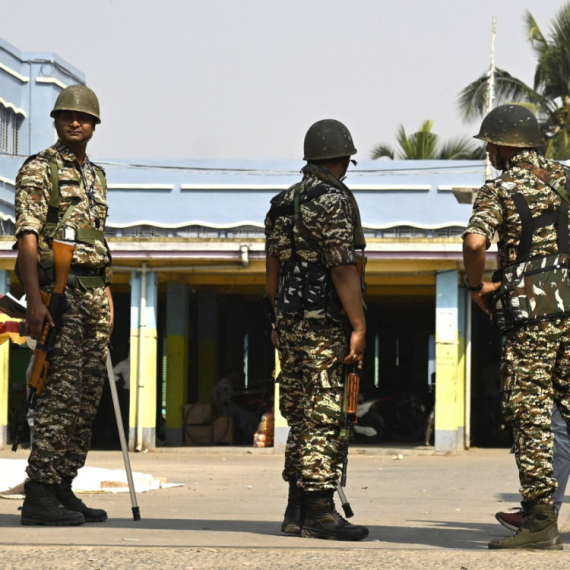





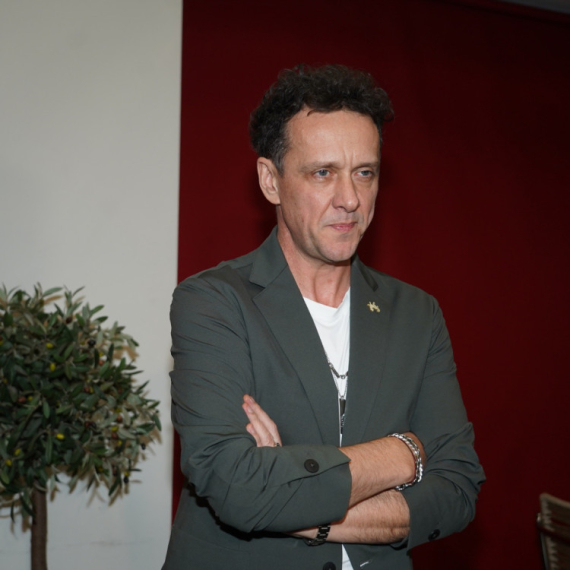


















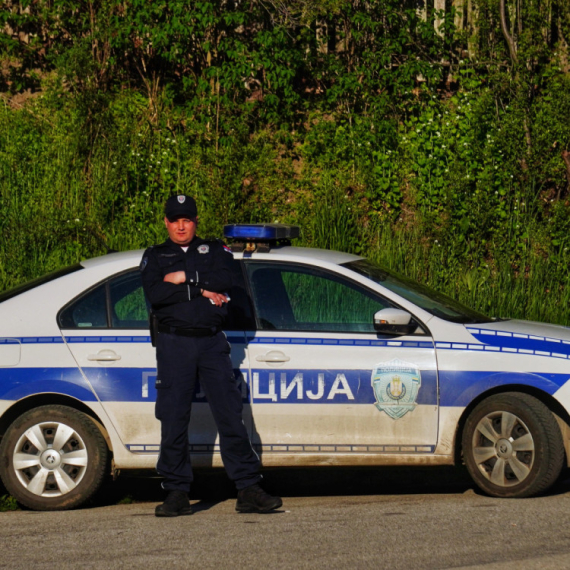














Komentari 7
Pogledaj komentare